In a fresh twist to the ongoing controversy surrounding Senate President Godswill Akpabio and Senator Natasha Akpoti-Uduaghan, human rights lawyer and activist Deji Adeyanju has challenged Akpoti-Uduaghan to provide concrete evidence to support her sexual harassment allegations.
Adeyanju insists that without verifiable proof, her claims remain mere accusations, emphasizing that justice must be rooted in facts, not speculation. He urged the senator to make public any available evidence to substantiate her claims, especially since the Senate refused to grant her a fair hearing before approving her suspension.

The Allegations and Senate’s Reaction
The controversy began when Senator Natasha Akpoti-Uduaghan, who represents Kogi Central, accused Senate President Godswill Akpabio of making inappropriate advances toward her. According to the senator, the alleged harassment occurred during a visit to Akpabio’s residence in December 2023.
However, Akpabio has categorically denied the allegations, stating that they are completely false. In response to the dispute, the Senate Committee on Ethics, Privileges, and Public Petitions conducted a review and recommended a six-month suspension of Akpoti-Uduaghan, citing misconduct.
The Senate approved the harsh penalties against her, which include:
✔️ Closure of her Senate office – preventing her from operating in an official capacity.
✔️ Suspension of her salaries and allowances – effectively cutting off her financial entitlements.
✔️ Withdrawal of her security details – leaving her without official protection.
✔️ Prohibition from Senate representation – banning her from carrying out legislative duties.
✔️ Restricted access to the National Assembly – barring her from entering the premises during the suspension period.
The penalties have raised concerns about fairness and whether the Senate acted in retaliation against Akpoti-Uduaghan for speaking out rather than conducting a neutral investigation.
Adeyanju: “Take It to Court for Proper Resolution”
Speaking with journalists on Friday, Deji Adeyanju expressed frustration over the media frenzy surrounding the case, stating that it was distracting from more pressing national issues. He advised both parties to take legal action rather than engaging in prolonged public accusations.
“The matter has been overflogged. I believe that parties should go to court and resolve their matters,” Adeyanju said.
He argued that Nigeria faces more critical challenges, such as the ongoing debate on the Tax Reform Bill, which could negatively impact low- and middle-income earners. He believes the nation should be more focused on policies that affect millions of Nigerians rather than individual political disputes.
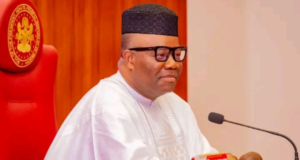
Why the Silence on More Pressing Issues?
Adeyanju also took the opportunity to criticize Nigerian lawmakers, accusing them of double standards when it comes to addressing issues that affect ordinary citizens.
🔹 “Where was this outrage when anti-people policies were being introduced?” he asked.
🔹 “When they were sharing cars, money, and budgetary allocations in the National Assembly, there was no dispute. Now, there’s a fight over allegations.”
His statement highlights a broader concern about the priorities of lawmakers, suggesting that personal interests often take precedence over governance.
Call for Public Evidence
Adeyanju stressed that since the Senate failed to grant Akpoti-Uduaghan a fair hearing, she should take the matter into her own hands by making credible evidence public.
🗣 “It’s very easy. The man has denied the allegations. If there are messages, calls, or any form of proof, she should expose him. After all, he who alleges must prove.”
This statement underscores a fundamental principle of justice: accusations must be backed by facts. Without solid proof, allegations remain a matter of hearsay, which can be exploited for political gain or dismissed as baseless claims.
The Bigger Picture: Power, Accountability, and Gender Dynamics in Politics
This case has sparked a national debate on various issues, including:
🟠 Gender inequality in politics – Are female politicians given a fair platform to voice their concerns?
🟠 Abuse of power – Should the Senate be allowed to suspend a legislator without a transparent investigation?
🟠 Sexual harassment in leadership – How often are such allegations swept under the rug in Nigeria’s political space?
🟠 Selective justice – Why are lawmakers quick to punish dissenting voices but silent on corruption and other misconduct?
Regardless of political affiliations, this case raises critical questions about how allegations of misconduct should be handled at the highest levels of government. Should the Senate have conducted a more thorough investigation? Should the matter have been handled by an independent legal body?
These are the questions many Nigerians are now asking.
What Happens Next?
As Nigerians await further developments, one of three things could happen:
🔹 Senator Akpoti-Uduaghan could release evidence to back up her claims, forcing a legal and political showdown.
🔹 The case could be taken to court, allowing an independent judicial body to decide.
🔹 The issue could fade away, like many political scandals, leaving questions unanswered.
For now, the ball is in Akpoti-Uduaghan’s court—will she present evidence, or will this remain a political war of words?






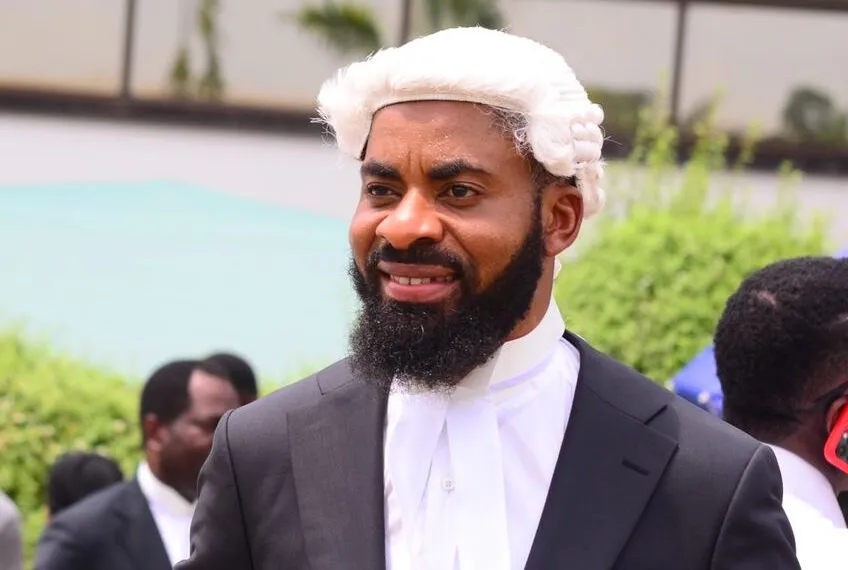






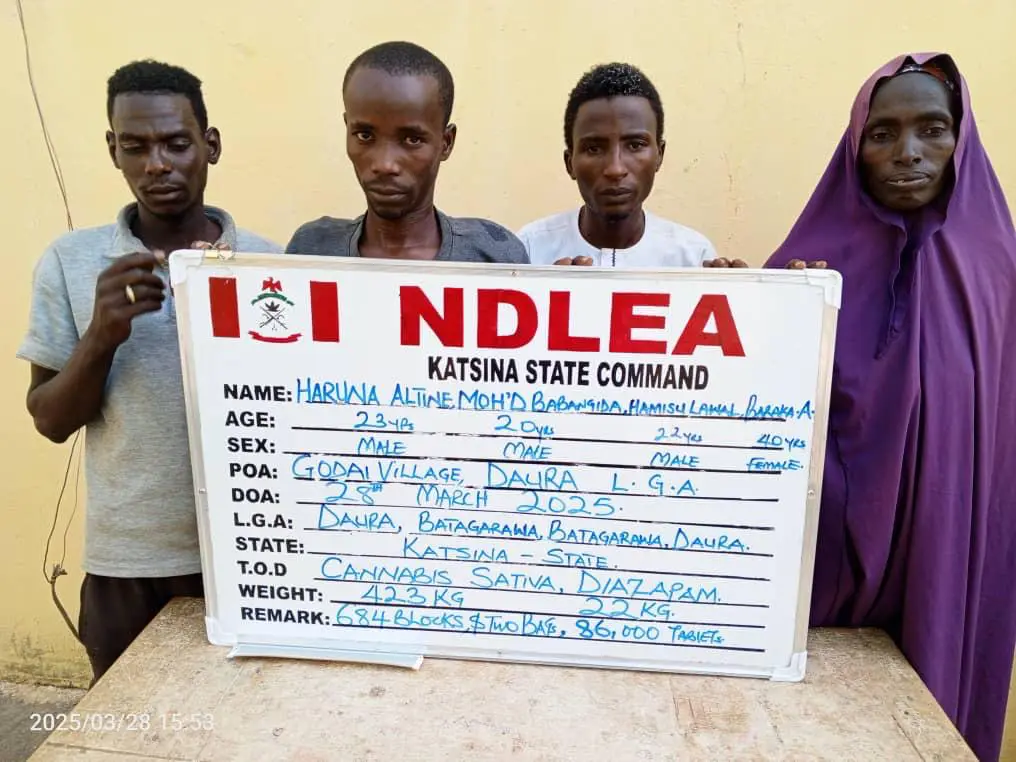
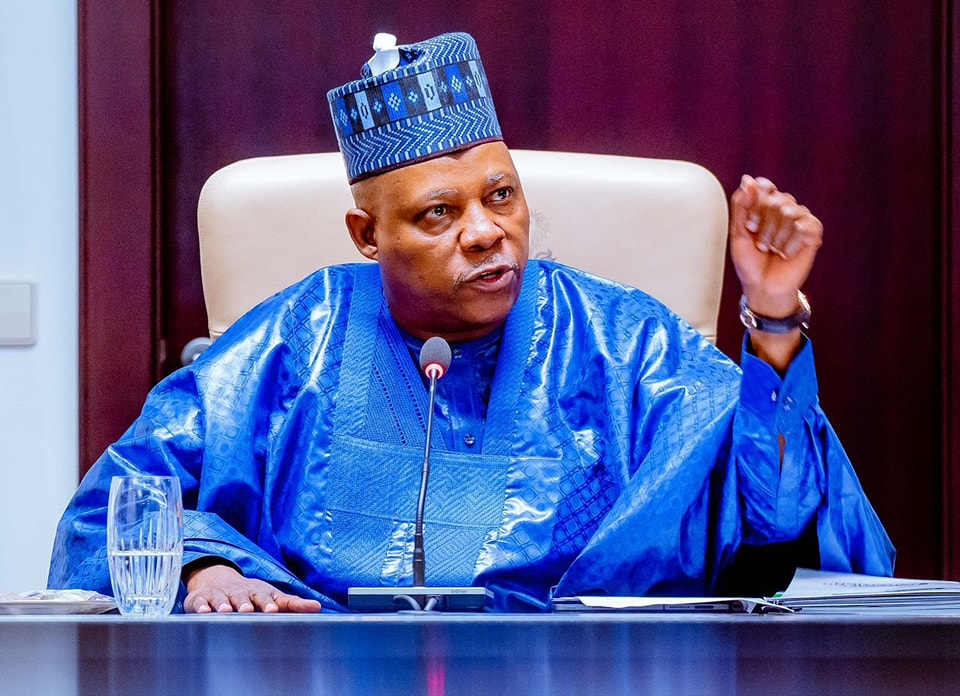
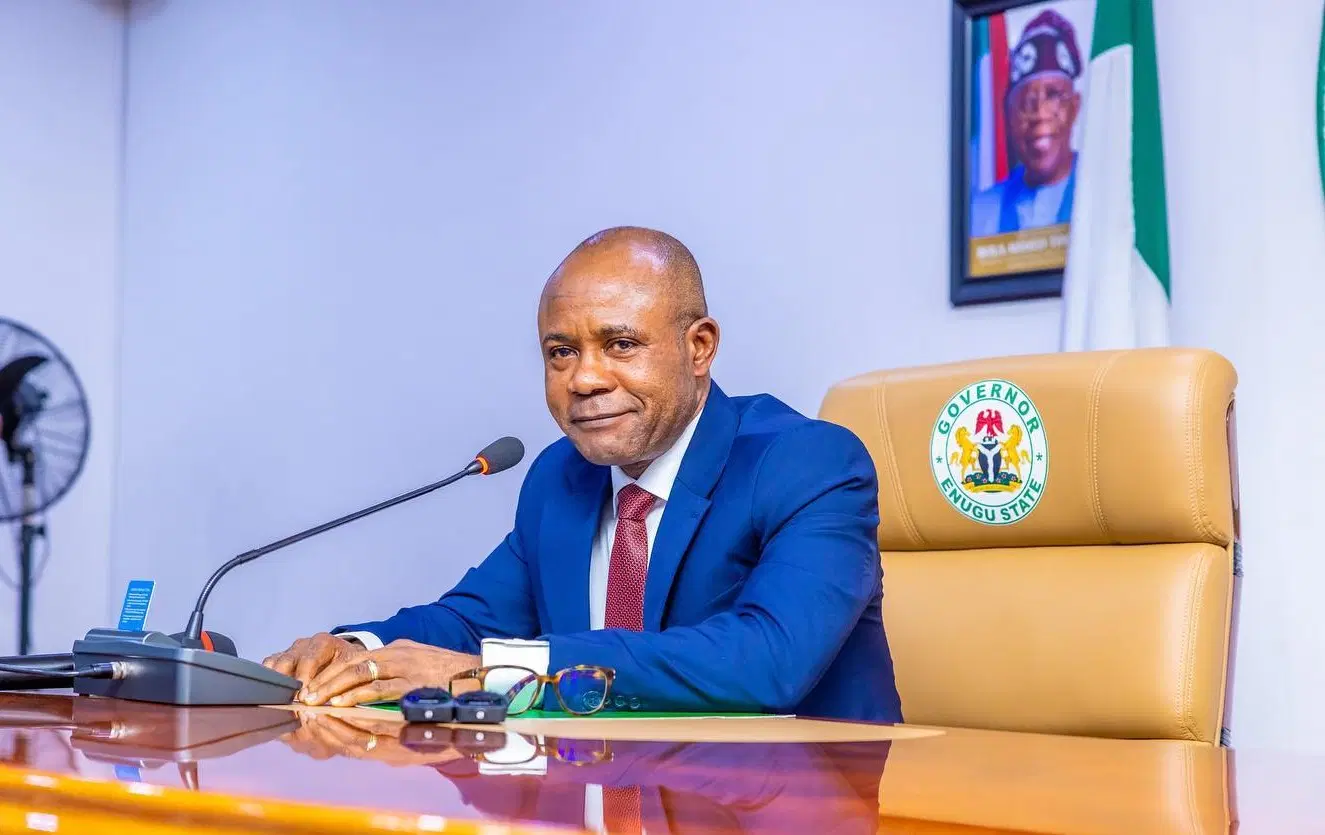
Got a Questions?
Find us on Socials or Contact us and we’ll get back to you as soon as possible.